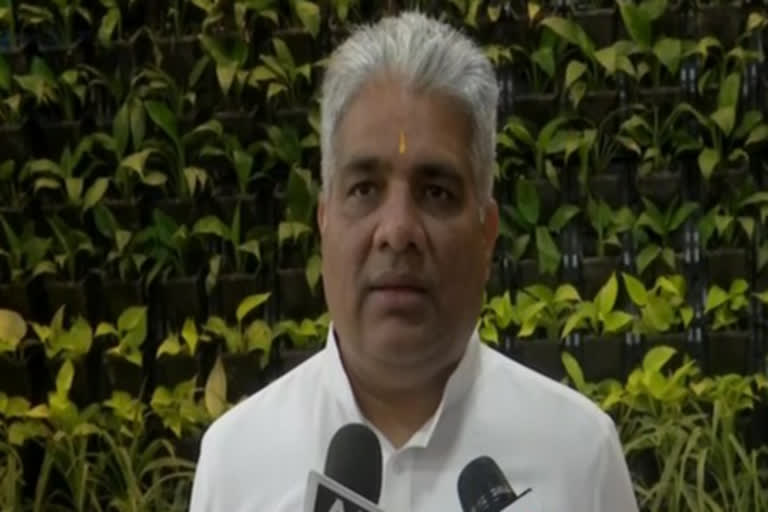New Delhi: "Loss and damage" due to climate change will be a major topic for discussion at the 27th Conference of Parties to the UNFCCC in Egypt in November, Union Environment Minister Bhupender Yadav said on Tuesday.
Addressing an event organised by the Federation of Indian Chambers of Commerce & Industry here, he said the maximum impact of the climate crisis is being borne by the countries which have no role in global warming. "Loss and damage will be a major topic for discussion at COP27 at Sharm El Sheikh in Egypt in November this year," he said. The social and financial impacts of climate change that cannot be avoided are referred to as 'loss and damage'.
According to the World Resources Institute (WRI), "loss and damage" is a term used in UN climate negotiations to refer to the consequences of climate change that go beyond what people can adapt to, or when options exist but a community doesn't have the resources to access or utilise them. Loss and damage is generally understood to result from both extreme weather events like cyclones, droughts and heatwaves, and slow-onset changes - such as sea level rise, desertification, glacial retreat, land degradation, ocean acidification and salinization.
In some cases, damages may permanently alter some places; for example, rising seas encroaching on low-lying islands, or drought shrinking freshwater resources and turning once-productive farmland into barren land. Yadav said India is one the few countries which have achieved the target set under the Paris Agreement with regard to increasing the use of non-fossil fuels. "We have achieved our target nine years before schedule," he said.
India had committed to achieving 40 per cent of its installed electricity capacity from non-fossil energy sources by 2030. The country has achieved this target in November 2021 itself. The minister said India has updated its nationally determined contributions in keeping with the promises made by Prime Minister Narendra Modi at COP26 in Glasgow. According to the updated NDC, India now stands committed to reducing emissions intensity of its GDP by 45 per cent by 2030, from 2005 level, and achieving about 50 per cent cumulative electric power installed capacity from non-fossil fuel-based energy resources by 2030.
To further a healthy and sustainable lifestyle, 'LIFE' - 'Lifestyle for Environment' as a key to combating climate change" has been added to India's NDC. "We are not against consumption, but it should be mindful, not mindless utilisation -- not only with respect to energy but also the utilisation of land and biodiversity. We need to maintain an ecological balance," he said. India updated its NDCs because it does not want to be part of the problem but the solution, Yadav said.
He said that the developed countries, which have 17 per cent of the world's population, account for 60 per cent of the global carbon emissions. "Whereas, India is home to 17 per cent of the world's population and is responsible for only 4 per cent of the global carbon emissions. This is because of our sustainable lifestyle," Yadav said. (PTI)



